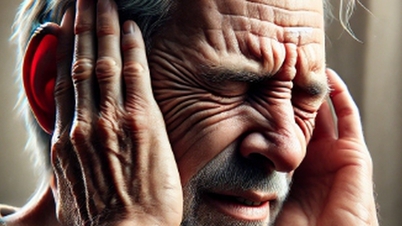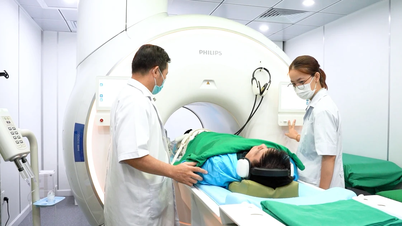
Meditation is as effective as antidepressants but is safer because it has no side effects - Illustration: Alpine Eye Care
A multicenter study, led by the National Institute of Mental Health in Bethesda, Maryland, USA, found that mindfulness-based stress reduction (MBSR) was as effective as the antidepressant escitalopram in reducing symptoms of anxiety disorders such as agoraphobia, panic disorder, generalized anxiety disorder, and social anxiety disorder.
This study suggests that mindfulness meditation practice may be an effective, low-side-effect alternative to medication in the treatment of anxiety disorders.
Millions of people are affected by anxiety disorders and are often treated with medications, such as selective serotonin reuptake inhibitors (SSRIs). While SSRIs can be effective in combating the symptoms of anxiety disorders, they also come with side effects that can negatively impact a patient’s quality of life.
In the case of escitalopram (sold under the names Lexapro and Cipralex), these side effects include nausea, headache, dry mouth, excessive sweating, insomnia, and fatigue.
Previously, the team demonstrated that eight weeks of MBSR practice was as effective as escitalopram in reducing stress and regulating emotions without causing side effects.
In the new study published in JAMA Network Open , the team presents secondary outcomes on patient-reported anxiety, depression, and quality of life from the previous study.
The study included 276 adults diagnosed with various anxiety disorders. Participants were randomly assigned to either the MBSR program or treatment with escitalopram.
The MBSR group attended weekly mindfulness meditation practice sessions, while the escitalopram group received doses of 10–20 mg daily with regular clinical follow-up sessions.
Researchers used a variety of standard scales to assess anxiety, depression, and quality of life, from both the patient and clinician perspectives. Results showed that both groups experienced similar reductions in anxiety symptoms over the course of the study.
No significant differences were found between MBSR and escitalopram in overall anxiety reduction at week 8, the primary endpoint of the study. Escitalopram showed a modest reduction in symptoms at mid-treatment (week 4), but these improvements were not maintained at the end of the study.
The rate of side effects was the only significant difference between the two treatments. Nearly 79% of people taking escitalopram reported at least one study-related side effect, compared with just 15% in the mindfulness meditation group.
The above research results help confirm the effectiveness of mindfulness-based stress reduction as a more reliable and safer treatment for anxiety disorders, opening up the prospect of widespread application in clinical practice.
Source: https://tuoitre.vn/nghien-cuu-moi-thien-hieu-qua-an-toan-hon-thuoc-chong-tram-cam-20241013114315281.htm



![[Photo] Prime Minister Pham Minh Chinh receives Swedish Minister of International Development Cooperation and Foreign Trade](https://vphoto.vietnam.vn/thumb/1200x675/vietnam/resource/IMAGE/2025/5/12/ae50d0bb57584fd1bbe1cd77d9ad6d97)
![[Photo] Prime Minister Pham Minh Chinh works with the Standing Committee of Thai Binh Provincial Party Committee](https://vphoto.vietnam.vn/thumb/1200x675/vietnam/resource/IMAGE/2025/5/12/f514ab990c544e05a446f77bba59c7d1)
![[Photo] Prime Minister Pham Minh Chinh starts construction of vital highway through Thai Binh and Nam Dinh](https://vphoto.vietnam.vn/thumb/1200x675/vietnam/resource/IMAGE/2025/5/12/52d98584ccea4c8dbf7c7f7484433af5)





























































































Comment (0)